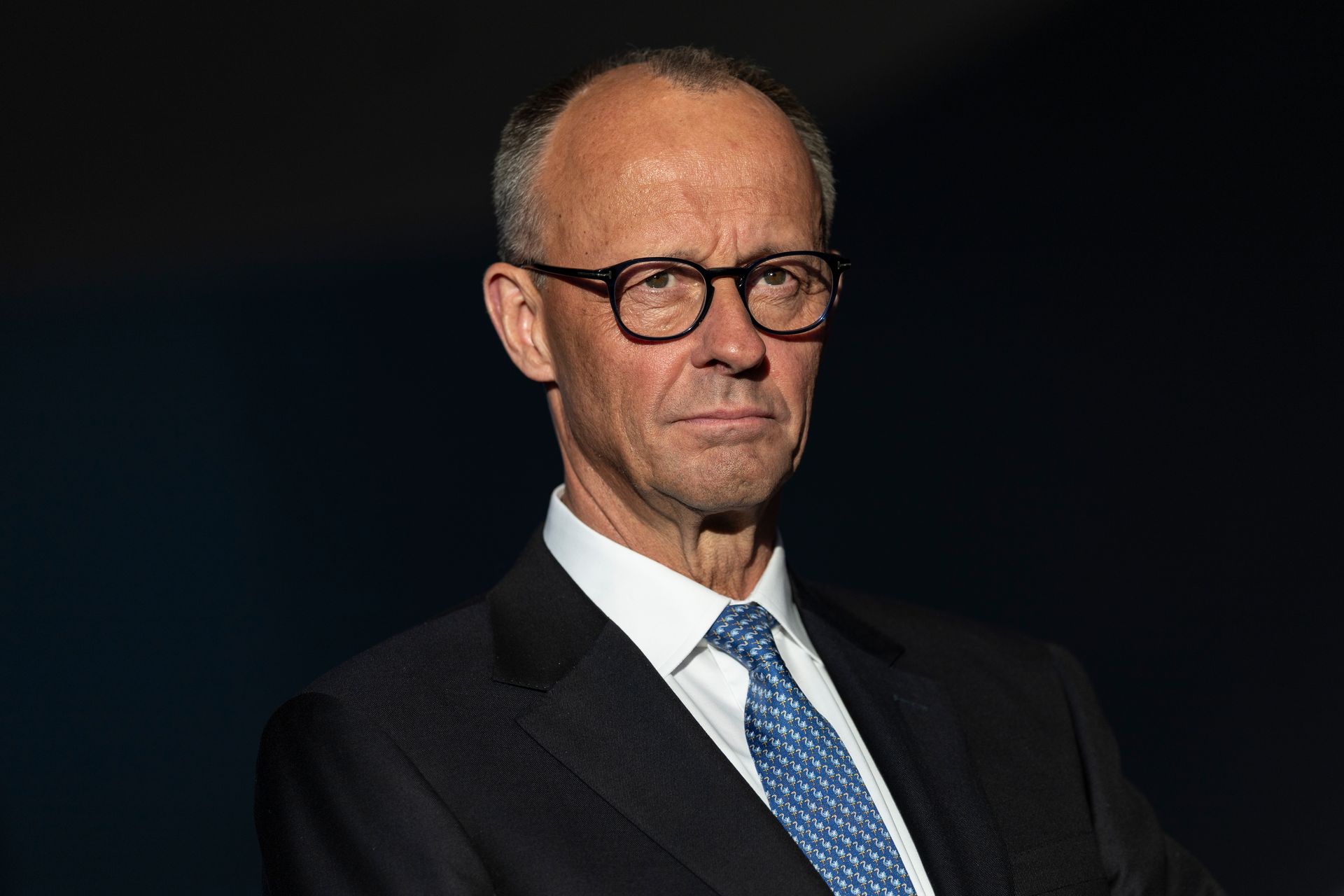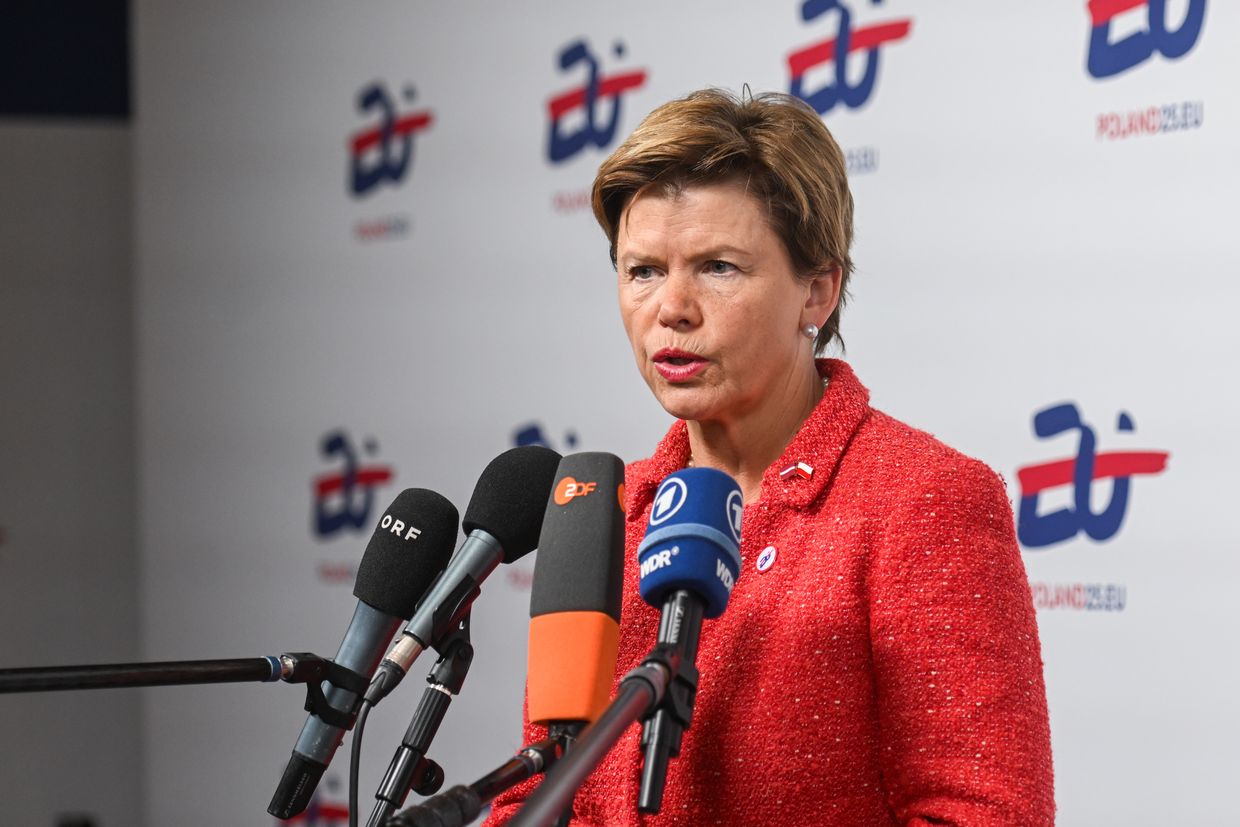Latvia is calling on all EU member states to suspend the issuance of visas to Russian citizens, citing rising security threats from Moscow, Foreign Minister Baiba Braze announced on May 25.
While some EU countries have restricted or halted visa issuance to Russian citizens, others have continued processing applications, keeping a legal pathway open for Russian travel to the bloc.
"Latvia calls on the EU countries to halt visa issuance for Russian citizens, citing security concerns," Braze posted on X. She noted that the number of Schengen visas issued to Russian nationals increased by 25% in 2024 compared to the previous year.
The Schengen visa allows holders to travel freely across 29 European countries for up to 90 days in any 180-day period, enabling short-term visits for tourism, business, or family reasons.
Latvia imposed entry restrictions on Russian citizens in September 2022 as part of a joint agreement with Lithuania, Estonia, and Poland. Czechia implemented similar restrictions in October 2022.
Concerns over the abuse of Schengen visas and diplomatic privileges have grown amid a wave of suspected Russian sabotage and espionage on EU soil.
On April 15, Polish media outlet Rzeczpospolita reported that Poland and Czechia are leading a new effort to restrict the movement of Russian diplomats within the Schengen zone.
The initiative, reportedly first proposed in Prague in late 2023, targets individuals alleged to be operating under diplomatic cover while serving Russian military intelligence (GRU) and other security services.
EU intelligence and security agencies have warned of mounting Russian sabotage operations, including several arson attacks believed to have been coordinated by Moscow.














